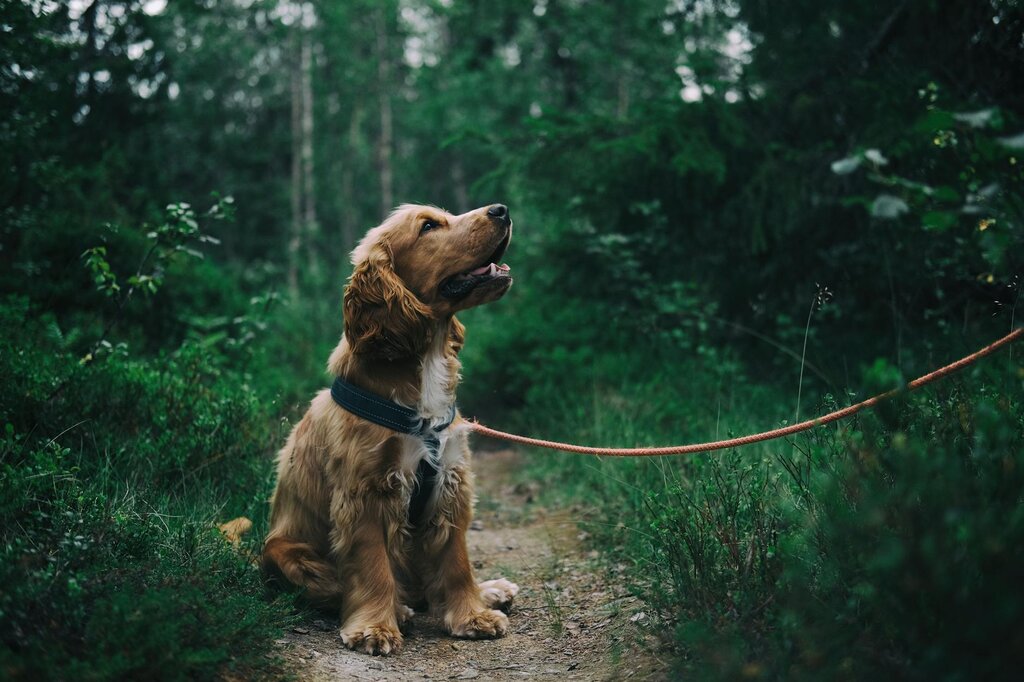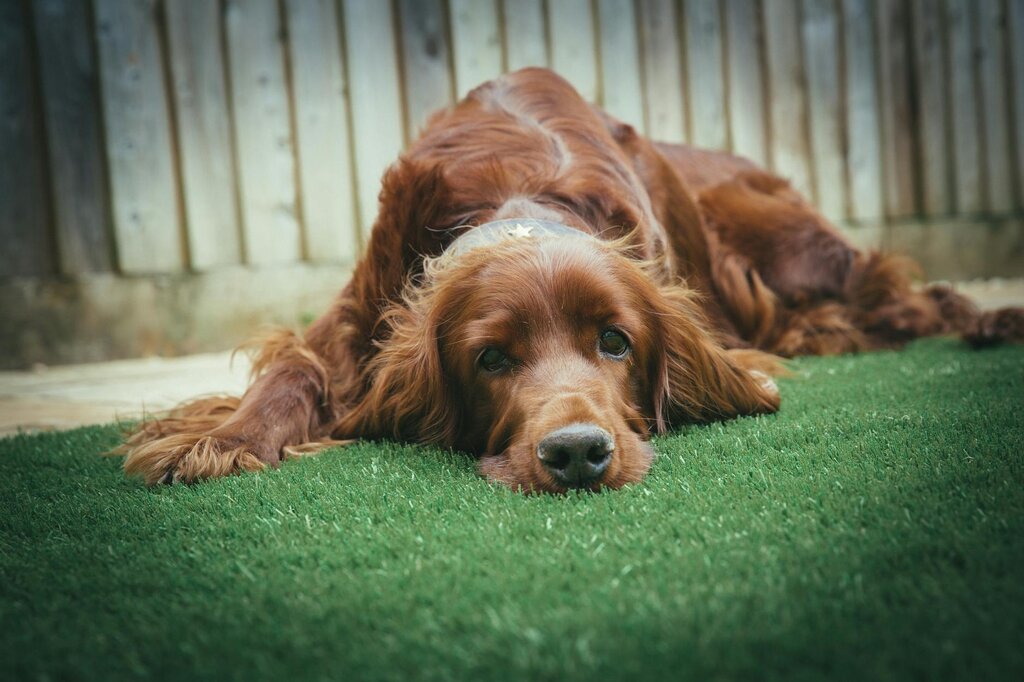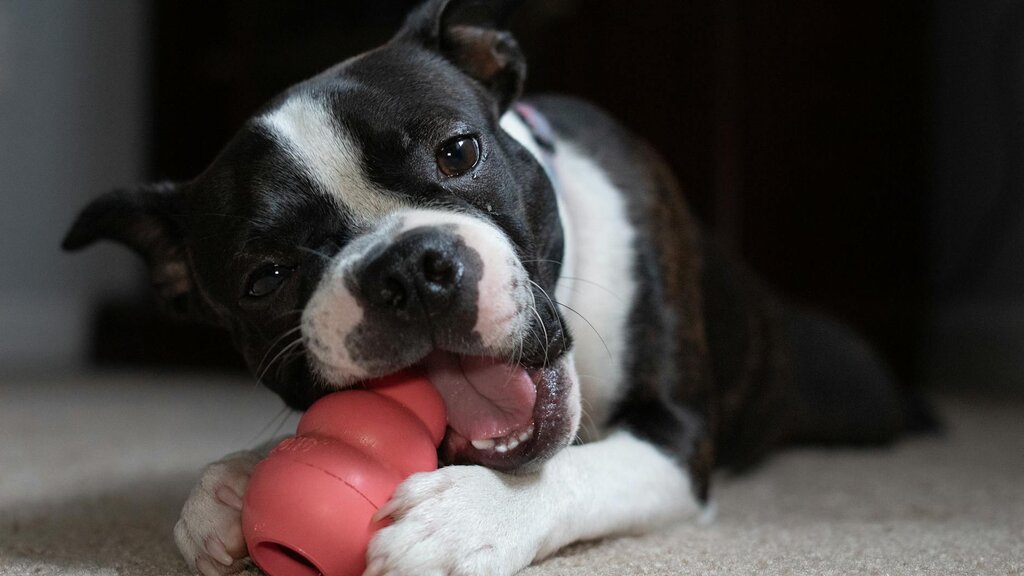While dog's eating their own poo is generally not harmful if the faeces consumed are from a healthy dog and free of parasites, there are potential risks associated with this behaviour. Here are a few:
Parasitic Infections: Dog poo can contain parasites like roundworms, hookworms, and whipworms. If a dog eats faeces from another dog that's infected, it can contract these parasites. While there is evidence that most faeces consumed in less than two days post being deposited will have reduced numbers of infections eggs or larvae, this can still be a concern. Especially if your dog consumes older faeces.
Bacterial Infections: Faeces can contain harmful bacteria such as E. coli, Salmonella, and Campylobacter, which can cause gastrointestinal upset and other health issues. Many of these bacteria are immediately infectious, so eating fresh faeces cannot reduce the risk posed by these. Some of these can cause severe illness requiring hospitalisation and can pose a health risk to humans as well.
Transmission of Diseases: Some diseases, such as parvovirus and distemper, can be spread through faeces. If a dog consumes faeces from a dog infected with these diseases, it could potentially become infected as well. Dogs that have not been regularly vaccinated or puppies not yet fully vaccinated are at an increased risk of acquiring these diseases through ingestion of faeces.Many transmissible diseases that aren't parasitic or bacterial, are viral, and some animals can act as carriers for these viruses. They may not show symptoms of illness, but instead may shed the virus in their faeces, affecting other dogs through ingestion of the faeces. Not all viruses are vaccinated against and could potentially cause serious illness in your dog.
Ingestion of Toxins: If a dog consumes faeces from an animal that has ingested poison or toxins, it can also ingest those harmful substances. Toxins may be excreted in urine or faeces and toxins that may not have been absorbed during ingestion, which could potentially leave it available for the dog that eats the affected faeces.Similarly, medications may be excreted in faeces that could be picked up from eating the faeces of pets being treated. While it is not common, cases have occurred where a dog has become sick from ingesting medications not intended for them from the faeces of other animals, such as thyroid medications or chemotherapy medications.
Behavioral Issues: While not a health risk per se, coprophagia can become a hard-to-break habit and may be associated with other behavioural problems. Some dogs that start out eating faeces as puppies may grow to like the taste, making it a challenge to deter them from eating faeces. The behaviour, which may have started out of curiosity, can also be accidentally reinforced by owners, making your dog more likely to repeat the behaviour.
If your dog is engaging in coprophagia, it's important to consult with a veterinarian to rule out any underlying health issues and to discuss ways to discourage this behaviour.




